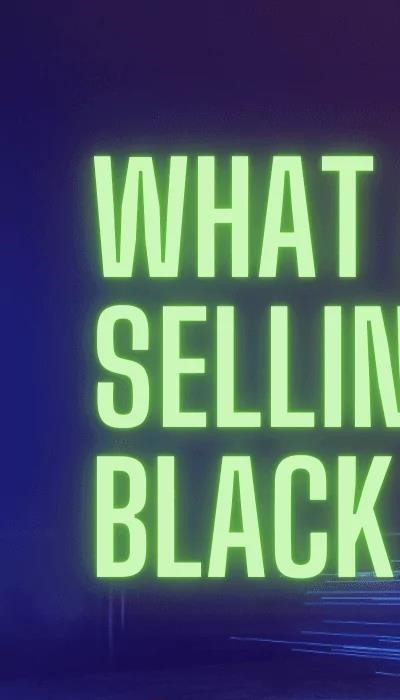
The unequivocal answer to this question is no․ Purchasing «fullz dumps,» which refers to stolen credit card data including the card number, expiration date, CVV, and often associated personally identifiable information (PII) like address and phone number, is unequivocally unsafe and illegal․ This practice directly fuels a range of criminal activities, including credit card fraud, identity theft, and broader cybercrime․
The Dangers of the Illicit Marketplace
The trade of fullz dumps occurs within illicit marketplaces, often concealed within the dark web․ These platforms facilitate the exchange of stolen data, enabling individuals engaged in carding – the fraudulent use of stolen credit card information – to purchase the tools of their trade․ Participating in this underground economy exposes buyers to numerous risks:
- Legal Repercussions: Acquiring stolen credit card data is a serious financial crime, punishable by significant fines and imprisonment․
- Compromised Security: These illicit marketplaces are often rife with malware and phishing attempts, placing buyers at risk of further data breaches and account takeovers․ Simply accessing these platforms can compromise your own data security․
- Financial Loss: There’s no guarantee the purchased fullz dumps are valid․ Many vendors sell fake credit cards or outdated information, leading to financial loss for the buyer․
- Supporting Organized Crime: Purchasing fullz dumps directly supports organized crime networks engaged in a wide array of illicit activities beyond credit card fraud․
The Impact of Credit Card Fraud
The consequences of credit card fraud extend far beyond the individual whose card is stolen․ The financial burden is often borne by businesses and financial institutions, leading to increased costs for consumers․ Furthermore, the emotional distress and damage to credit scores experienced by victims of identity theft can be devastating and long-lasting․
Protecting Yourself and Preventing Fraud
Rather than engaging in illegal activities, focus on protecting yourself from becoming a victim of credit card fraud and online fraud:
- Strong Passwords and Multi-Factor Authentication: Implement strong, unique passwords for all online accounts and enable multi-factor authentication wherever possible․
- Phishing Awareness: Be cautious of suspicious emails, messages, and websites․ Never click on links from untrusted sources․
- Regularly Monitor Accounts: Frequently review your credit card statements and bank accounts for any unauthorized activity․
- Software Updates and Antivirus: Keep your operating system and antivirus software up-to-date to protect against malware․
- Report Suspicious Activity: If you suspect fraudulent activity, immediately report it to your financial institution and the relevant authorities․
Buying CC fullz dumps is never safe․ It is a criminal act with severe consequences, offering no legitimate benefit․ Prioritize cybersecurity, data security, and credit card security by focusing on fraud prevention and consumer protection measures․ Remember, true payment security comes from responsible online behavior and adherence to legal practices․

The explanation of the broader criminal ecosystem surrounding «fullz dumps» is commendable. Clearly outlining the connection to organized crime and the wider impact of credit card fraud provides valuable context and underscores the severity of this issue.
This analysis provides a concise and accurate overview of the dangers associated with purchasing stolen credit card information. The emphasis on the legal, security, and financial risks is particularly well-articulated and effectively highlights the potential consequences for individuals involved in such activities.
I appreciate the clarity and directness of this piece. The succinct explanation of the risks involved in acquiring stolen data, coupled with the broader societal implications of credit card fraud, effectively communicates the importance of cybersecurity awareness and responsible online behavior.